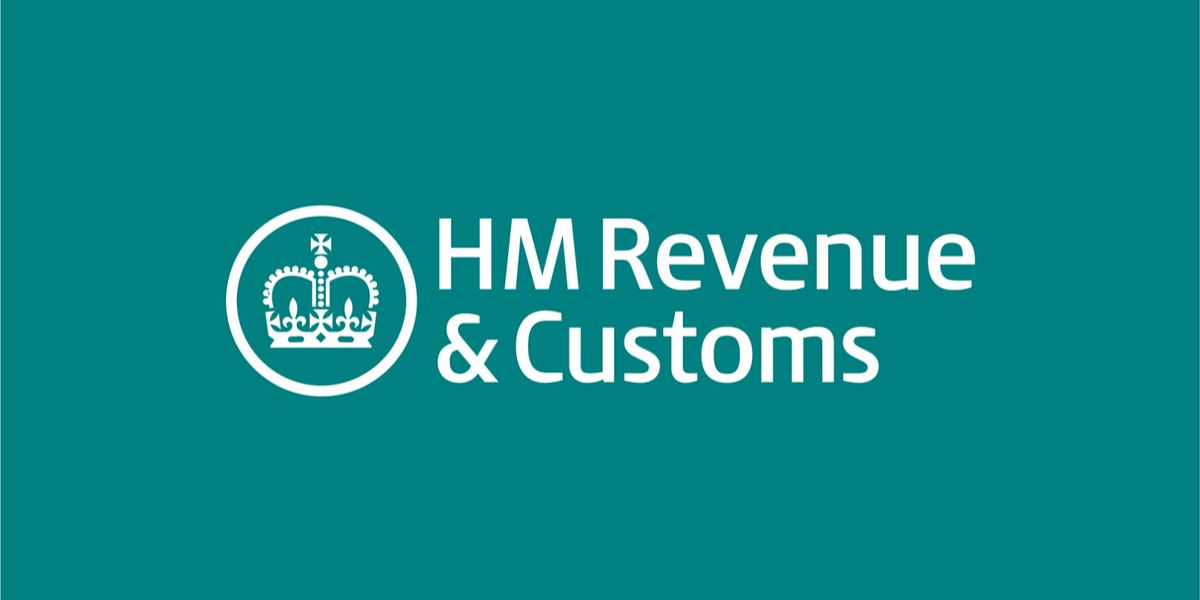On 9 September 2024 the National Audit Office (NAO) issued a report on tackling tax evasion in high street and online retail.
The report examines how well HMRC understands and assesses the risk of tax evasion in retail; and looks at its strategy to tackle evasion. The report also considers whether HMRC and its key partners have cost-effective systems to reduce the risk of tax evasion. It assesses the response by HMRC to different methods of tax evasion in retail, looking at ways in which HMRC can improve its approach.
The NAO report looks in detail at specific risk areas of tax evasion in the retail sector. These areas are contrived business insolvency, also known as phoenixism; VAT evasion by overseas retailers selling through online marketplaces; and sales suppression (under-declaring income to reduce taxes). The findings of the NAO report may also be relevant to HMRC’s compliance work with other business sectors. Some of the findings of the report also have wider application to risks of organised crime; money laundering; or the hidden economy.
According to the statistics compiled by HMRC, tax evasion in the UK amounted to GBP 5.5 billion in 2022/23. The figures indicate that tax evasion by small businesses has been on the increase. The estimates indicate that in 2022/23 around 81% of the revenue lost to tax evasion was due to evasion by small businesses.
The NAO report assesses the approach that HMRC has taken to tax evasion in the retail sector. It concludes that there is no specific strategy in place, and not enough emphasis on the forms of tax evasion commonly used in the retail sector such as electronic sales suppression. In the case of contrived business insolvency as a way to evade taxes, there are weaknesses in company registration criteria; and integration in the approach of HMRC and Companies House is taking time to become effective.
Although HMRC has taken action to reduce the risk of overseas sellers evading VAT by increasing the responsibility of online marketplaces for VAT declaration by sellers on their platforms. However, the NAO report finds that there are still significant gaps in checks of online retailers, and overseas companies can still evade VAT by appearing to be UK-based. The report considers that HMRC has not yet used all its powers to tackle evasion in the retail sector.
The NAO recommends that tighter controls and more compliance work could be cost-effective. HMRC should seta a clear strategic approach to combating tax evasion; take the initiative in cooperating with other government agencies to fight tax evasion; and review its use of the powers of investigation and enforcement.














